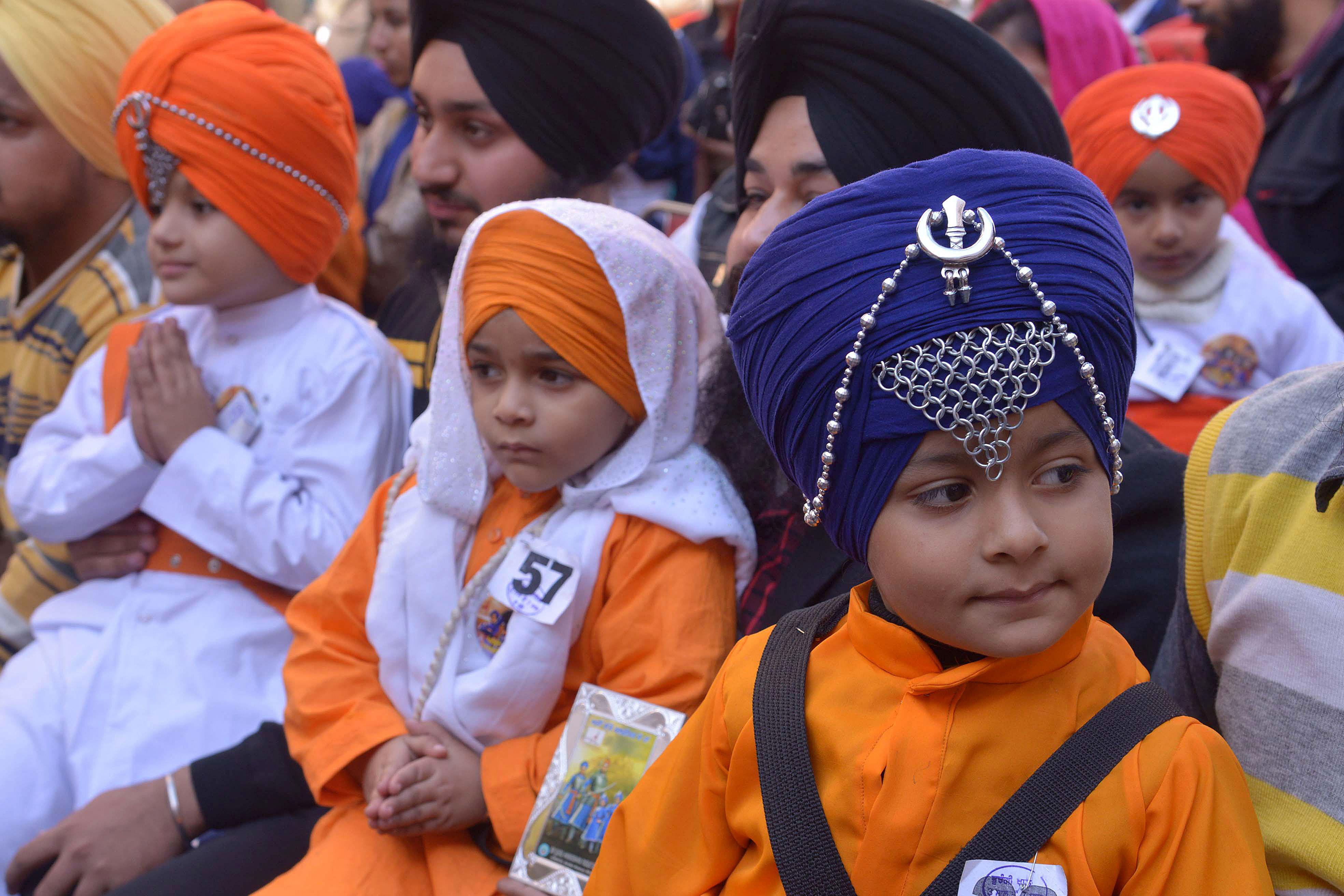The city of Fresno, California, is investigating a hate crime against a 68-year-old Sikh man who was backed over with a car and assaulted on Saturday, the latest incident in what the Sikh Coalition described as one of the worst times ever in the country for anti-Sikh hate acts.
Police reported that two white men in their early 20s pulled over to Amrik Singh, began to curse at him, backed into him when he tried to move away, and then attacked him and broke his collarbone. Singh was wearing a turban and had a beard, traditional fashions for Sikh men. Both the Washington Post and the Los Angeles Times reported that Sikhs are often conflated with Muslims in hate crimes.
Things have been especially bad for American Sikhs in the wake of an upsurge of Islamophobia following the San Bernardino, California, terrorist attacks earlier this month, the papers reported. Days after the attack, a 20-year-old named Brodie Durazo spray-painted the phrase “F– ISIS” on a vehicle outside of an Orange County Sikh temple.
The attacker’s apology to the congregation demonstrates the difficulty in confronting such hate crimes: The fact that they are supposedly misdirected can sometimes seem to mask the ugliness of the original anti-Islamic motivation.
“I know your guys’ faith and church have nothing to do with the Muslim religion or Islam,” Durazo told the Sikh temple he had vandalized in a video, according to the Times.
More from the Times:
The incidents of verbal and physical abuse have also led to soul-searching within the Sikh community about how best to react to such hostility. Although some Sikhs complain that they are being unfairly burdened with a stereotype and prejudice that’s not their own, others say it’s also wrong to simply redirect the blame at Muslims.
Naindeep Singh, a Fresno-based Sikh community activist and youth organizer, said that when a man yelled at him in a New York subway and accused him of being Muslim a few years ago, he responded that he was.
“I said ‘I am, what are you going to do about it?’” Singh recalled. “The voice in the community can’t be, ‘Don’t pick on us, pick on them.’ We’re all American. This is wrong, period.”
Harsimran Kaur, legal director of the Sikh Coalition, told the Times that her group received three times as many requests for help from victims of discrimination and attacks this December than in previous years. “It’s definitely a hostile time, a scary time,” she said. “The Paris and San Bernardino attacks, as well as all of this rhetoric by politicians about Islamophobia and xenophobia—all these incidents have emboldened people who feel biases to act out.”
Kaur specifically cited Donald Trump’s nativist presidential campaign, which included a call to ban immigration by Muslims, for the apparent rise in xenophobic hate acts.
“Over the last few weeks, the level of intimidation is worse than it was after Sept. 11th,” Kaur added in an interview with the Post. “Then, people were angry at the terrorists and now they’re angry at Muslims, anyone who is seen as Muslim, or anyone who is perceived as being ‘other.’
“It’s not just a case of mistaken identity. It’s beyond that.”
